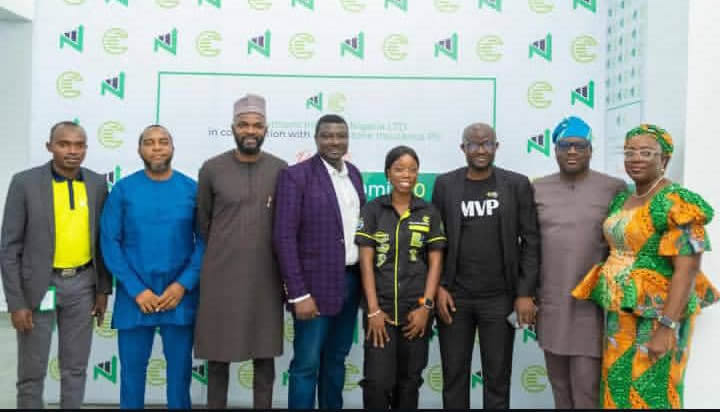Industry experts and financial stakeholders have revealed that fewer than two million Nigerians buy insurance policies annually, a figure that highlights a deep gap in coverage and awareness within the Nigerian insurance sector. The issue was brought to the fore during the Investment Summit 1.0, themed “Investments in Insurance: Opportunities for Financial Growth”, held recently in Lagos in partnership with Cornerstone Insurance Plc.
Tunde Lawuyi, Head of Strategy & Project Management at Cornerstone Insurance Plc, cited data from Enhancing Financial Innovation & Access (EFInA) to support the claim. According to Lawuyi, the low uptake of insurance is tied to several structural and economic issues, particularly in rural areas where most Nigerians reside and disposable income remains low.
“The products we design in the insurance industry are not primarily targeted at rural Nigerians,” Lawuyi said. “We are pushing car and home insurance, yet the majority don’t own cars or live in areas where such coverage is relevant. Life insurance has seen some growth, but the gap remains.”
He added that while microinsurance—a regulatory innovation targeting low-income earners—has been introduced, distribution remains a major obstacle. “If an insurance product sells for N500 or N1,000 per year, how much can you afford to pay a salesperson as commission or salary? This is where technology must step in to help distribute low-cost products more efficiently,” he added.
Also speaking at the summit, Asamau Adams, Brand Strategist at Investment Hub Nigeria Ltd, said the issue is not just affordability but also a lack of trust, financial education, and access.
“Scams like MMM and CBEX have made Nigerians wary. People don’t trust investment or insurance companies. Many believe financial literacy and investing are only for the rich. Even when people are educated, they may not know where or how to access services,” Adams noted.
She emphasised that Nigerians can insure basic personal items like phones for as little as ₦1,000, but such information isn’t widely known or communicated. “There is no good investment without insurance, and you can’t insure what you haven’t invested in,” she stressed.
Kayode Odetola, Head of Retail at Cornerstone Insurance Plc, focused on the need for financial literacy, especially among young Nigerians. According to him, poor financial education is exposing many youths to high-risk schemes, including Ponzi operations.
“The insurance industry must become more visible and relatable to younger demographics. People are taking high-risk decisions simply because they do not understand safer investment and protection options,” he warned.
Also contributing to the conversation, Shehu Raji, Chief Operations Officer of Investment Hub Nigeria Ltd, listed other structural hurdles including poor infrastructure, regulatory bottlenecks, insecurity, and a prevalent get-rich-quick mindset as ongoing challenges to building a culture of safe investment and insurance.
